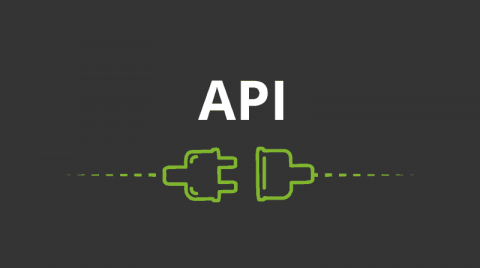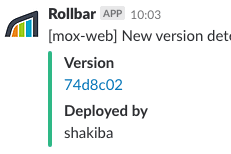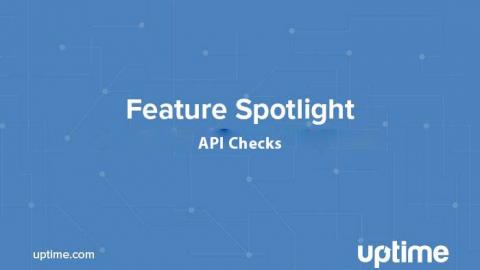What is an API for? Let's find out all about it
So, when someone talks to you about APIs, do you still think it refers to Blas’ inseparable partner in Sesame Street? then you may have a little problem with technology. No one will ever mess with you again for this. But you must be careful. The explanation will be as educational and entertaining as those of the mythical Epi and Blas. Therefore, let’s answer this question: What is an api for?











